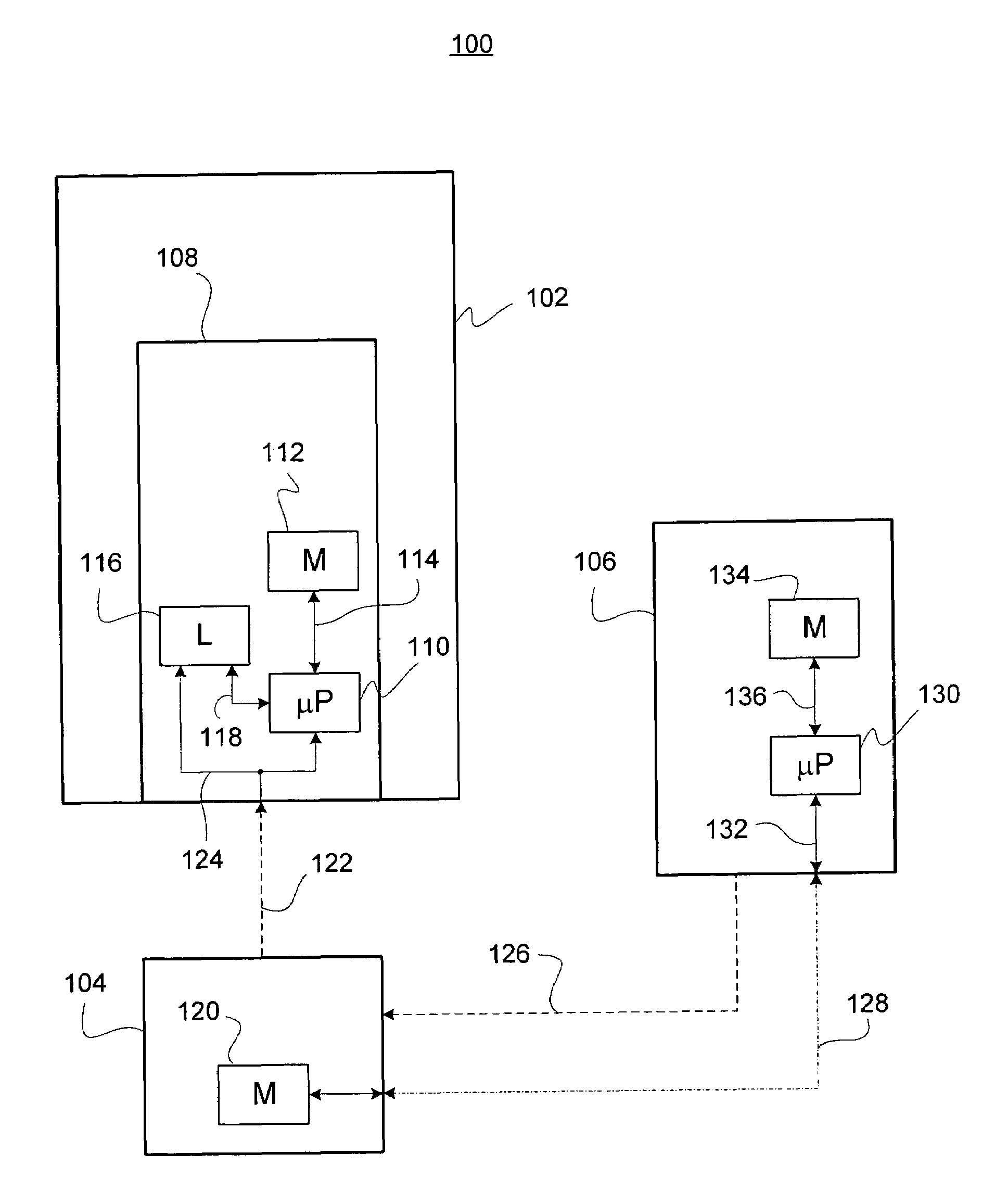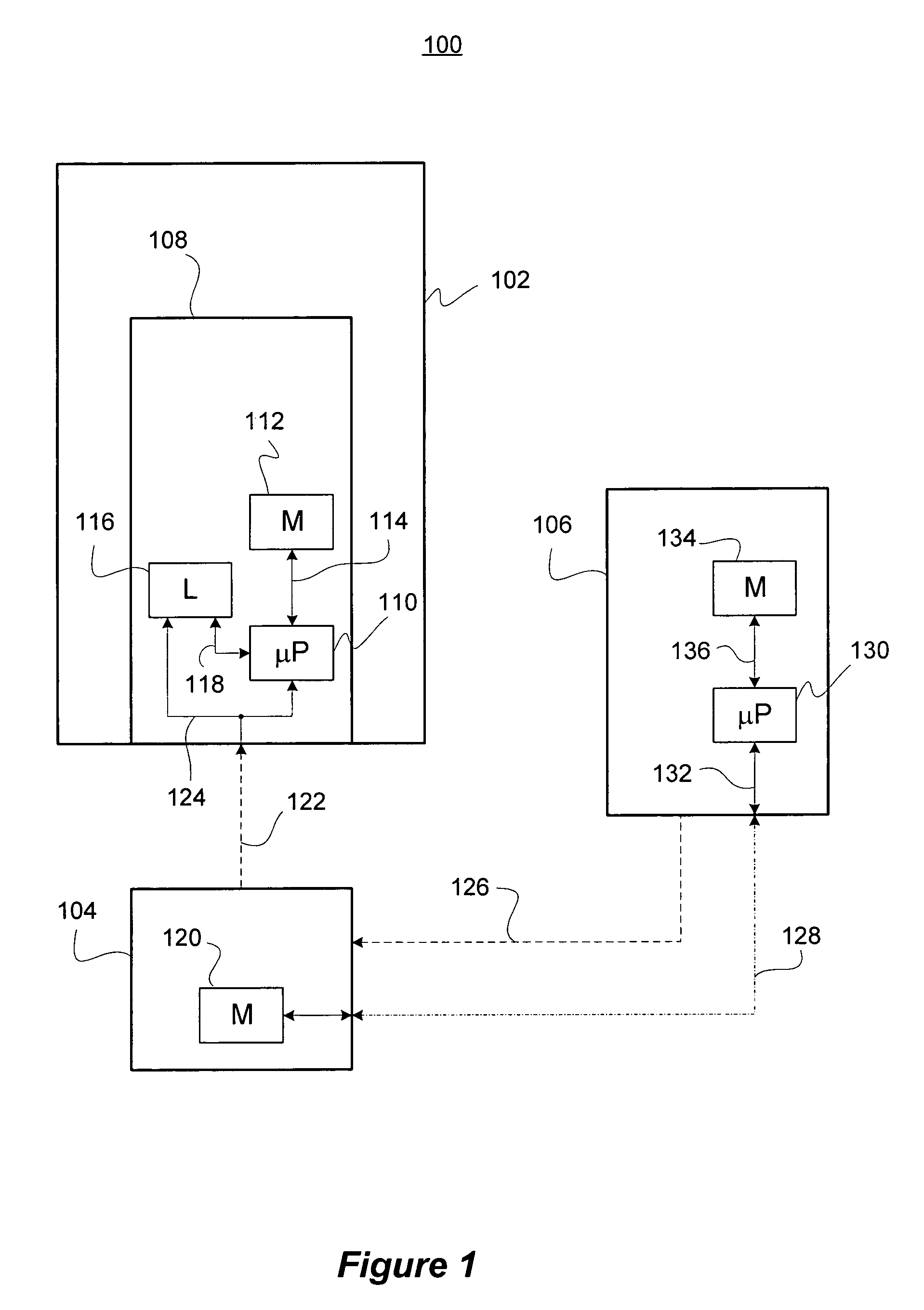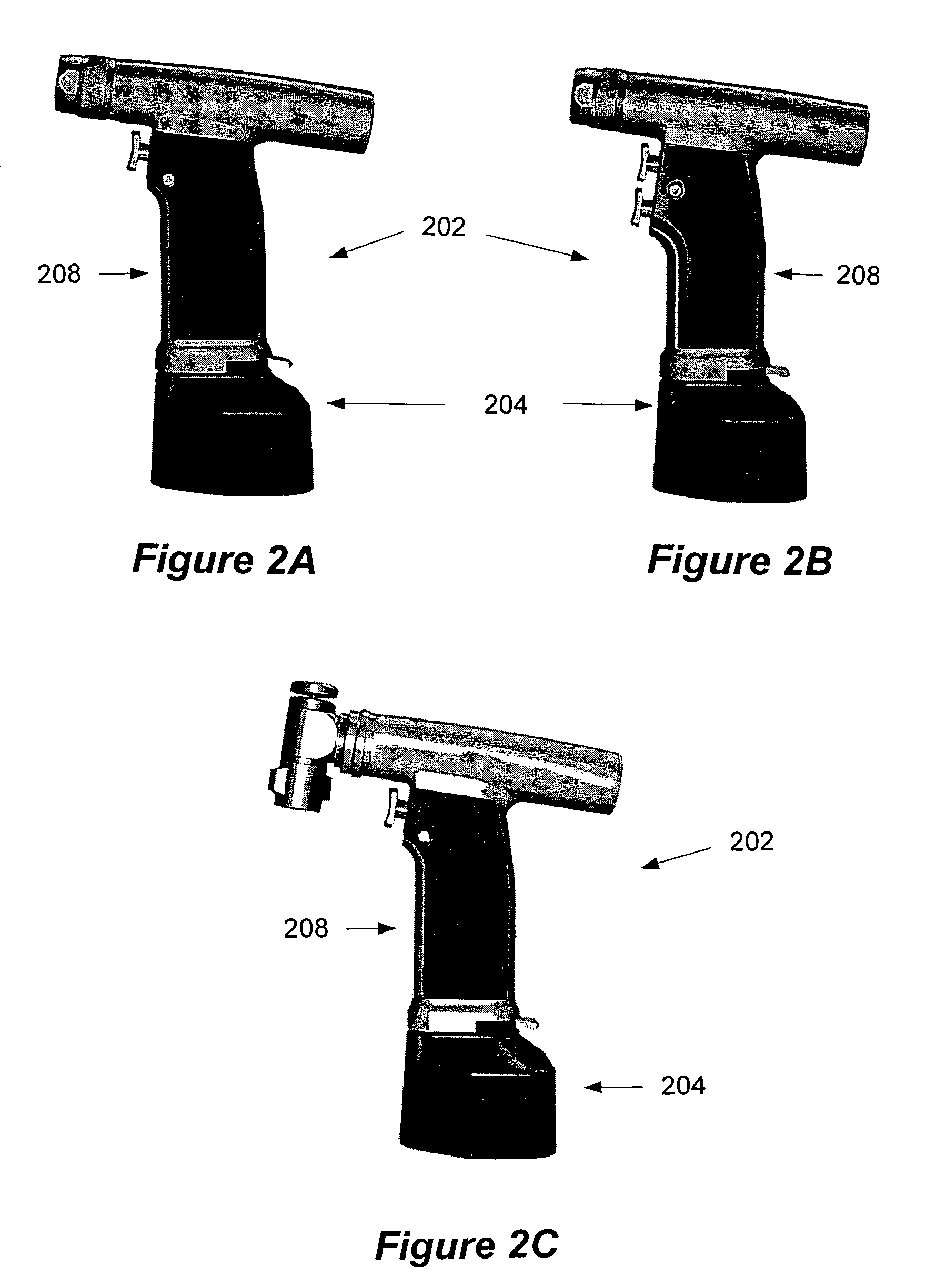Method for utilizing temperature to determine a battery state
- Summary
- Abstract
- Description
- Claims
- Application Information
AI Technical Summary
Benefits of technology
Problems solved by technology
Method used
Image
Examples
Embodiment Construction
[0028]As utilized herein, terms such as “about” and “substantially” and “nearly” are intended to allow some leeway in mathematical exactness to account for tolerances that are acceptable in the trade. Accordingly, any deviations upward or downward from the value modified by the terms such as “about” or “substantially” or “nearly” in the range of 1% to 25% or less should be considered to be explicitly within the scope of the stated value. Also herein, the term “battery” refers both to a single battery and to multiple batteries electrically coupled within a single bank or battery pack.
[0029]In one or more embodiments, the present invention may be incorporated within a battery charging system, or within another system that uses as a power source one or more batteries charged by the battery charging system. FIG. 1 illustrates an exemplary system 100 comprising an appliance 102, a battery pack 104, and a battery charging system 106. Appliance 102 may be any device that operates on batter...
PUM
 Login to View More
Login to View More Abstract
Description
Claims
Application Information
 Login to View More
Login to View More - R&D
- Intellectual Property
- Life Sciences
- Materials
- Tech Scout
- Unparalleled Data Quality
- Higher Quality Content
- 60% Fewer Hallucinations
Browse by: Latest US Patents, China's latest patents, Technical Efficacy Thesaurus, Application Domain, Technology Topic, Popular Technical Reports.
© 2025 PatSnap. All rights reserved.Legal|Privacy policy|Modern Slavery Act Transparency Statement|Sitemap|About US| Contact US: help@patsnap.com



